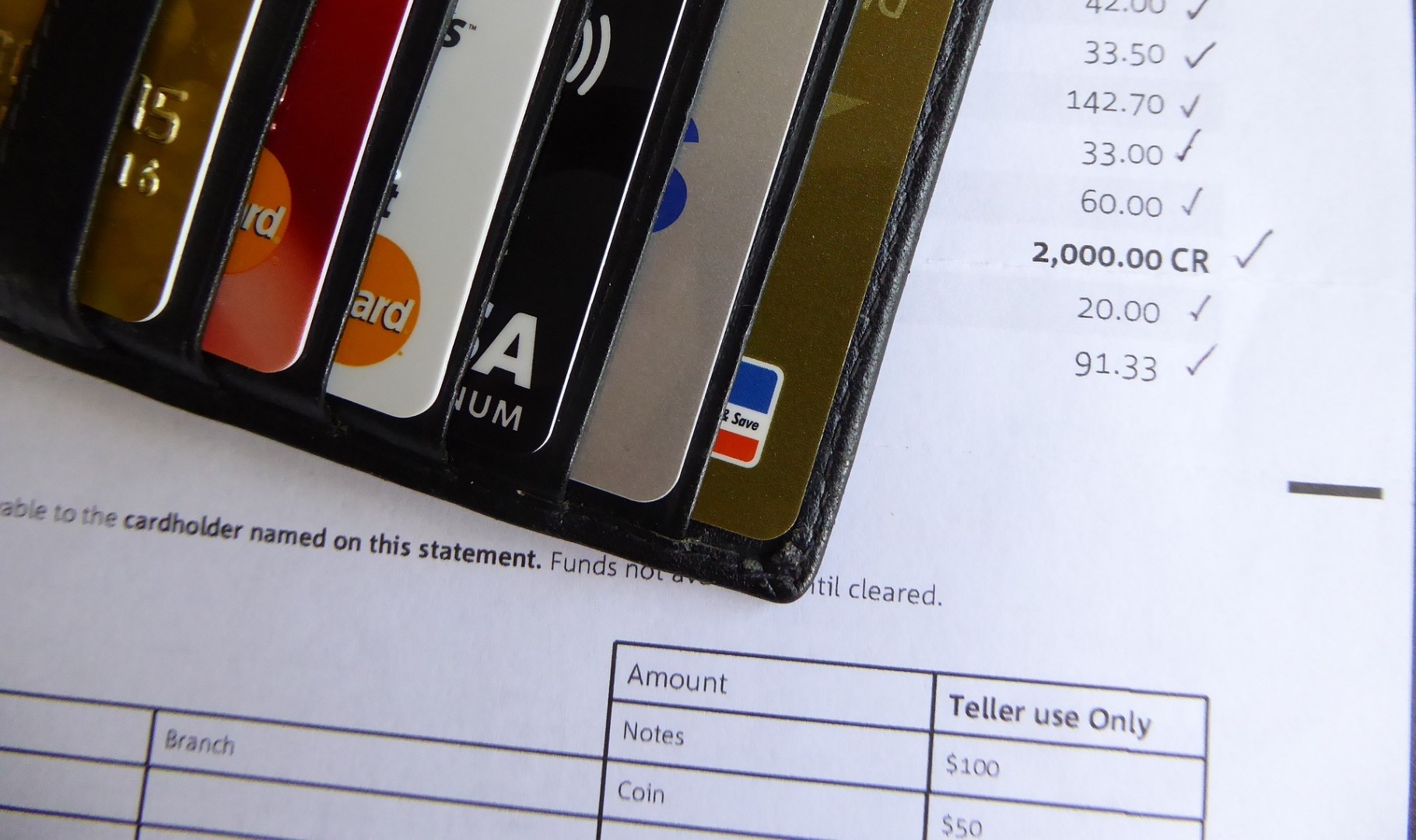Learning how to handle bills responsibly may not sound exciting, but it’s one of the most important life skills you’ll need as an adult. Paying bills on time is essential to building a strong financial foundation, keeping extra costs down, and opening up future opportunities. Here’s a closer look at why timely bill payments are so crucial and some practical tips to help you stay on top of them.
1. Avoiding Extra Costs: Late Fees and Penalties
When you pay a bill late, companies often charge late fees or penalties, which add up quickly. Late fees on credit cards, for example, can be around $30 to $40 for each missed payment. For monthly bills like utilities, cell phone plans, or even rent, late penalties can increase your monthly costs, leaving you with less money for other things you need or want. By paying on time, you’re saving yourself from unnecessary expenses that could be avoided with some planning.
2. Protecting Your Credit Score
Credit scores may sound confusing, but they’re a big part of adult life. Your credit score is a number that shows how responsible you are with money and paying debts. It’s important because banks and lenders check your credit score when deciding if you can borrow money, like for a car loan or mortgage. Paying bills on time makes up about 35% of your credit score, which is the most significant factor in determining it.
When you miss payments or pay late, your score drops, making it harder to get approved for credit in the future. Lower credit scores often mean higher interest rates, which is the extra percentage you pay on top of the money you borrowed. That means you’ll end up paying more over time if you have a lower credit score due to missed or late payments.
3. Building a Solid Financial Reputation
When you pay bills on time, you build a reputation as a reliable borrower and customer. Landlords, banks, and even some employers consider your financial history when deciding if you’re trustworthy. For example, landlords often check credit scores to see if renters have a history of paying bills and debts on time. If your history shows late payments, they might think you won’t be reliable with rent, which could hurt your chances of getting the apartment you want.
4. Future Financial Opportunities and Independence
Paying bills on time has a big impact on your future financial opportunities. A strong credit score can help you qualify for low-interest loans, credit cards with better rewards, and even a mortgage with lower monthly payments. By establishing good habits early, you’ll be able to take advantage of these opportunities sooner and with less stress.
Practical Tips for Staying on Top of Bill Payments
Getting in the habit of paying bills on time is easier with a few strategies. Here are some tips to help you stay organized and avoid missed payments:
- Create a Budget: Knowing your income and expenses is the first step to staying on track. Use a spreadsheet, budgeting app, or even a simple notebook to list all your bills, their due dates, and how much you owe each month.
- Set Up Reminders: It’s easy to forget bill deadlines when you’re busy with school, sports, or other activities. Setting reminders on your phone or calendar a few days before each due date can help you stay organized. Some banking apps also have reminder features for upcoming payments.
- Use Automatic Payments: Many companies and banks offer automatic payment options, where money is automatically deducted from your bank account or charged to your credit card. This is especially helpful for bills with fixed amounts, like rent or a gym membership. However, be sure you have enough in your account to cover these payments so you don’t get overdraft fees.
- Prioritize Your Bills: If money is tight, prioritize bills that are essential to your daily life, like rent, utilities, and phone bills. Missing these bills can lead to serious consequences, like losing your housing or getting your utilities cut off. Make these payments a top priority each month.
- Consider Using a Financial App: There are several apps designed to help you manage bills, track spending, and remind you of due dates. Some popular apps include Mint, PocketGuard, and YNAB (You Need a Budget). These can help simplify the process, especially if you’re managing multiple bills.
- Ask for Help if Needed: If you’re struggling to pay a bill on time, it’s better to reach out to the company than to miss the payment altogether. Many companies offer hardship programs or allow you to set up a payment plan. This shows responsibility and can prevent a late payment from impacting your credit score.
The Big Picture: Why Financial Responsibility Matters
Paying bills on time may seem small, but it’s a powerful way to build financial security. By learning these habits now, you’re preparing yourself to handle the financial responsibilities that come with being an adult. You’ll not only save money but also earn the trust of lenders, landlords, and even future employers. Whether you’re paying for a cell phone plan or rent, staying on top of your bills opens up more opportunities and sets you on the path to a financially secure and independent life.
By adopting these simple strategies, you can create a habit of paying bills on time, helping you reach your goals and ensuring a stable financial future.

